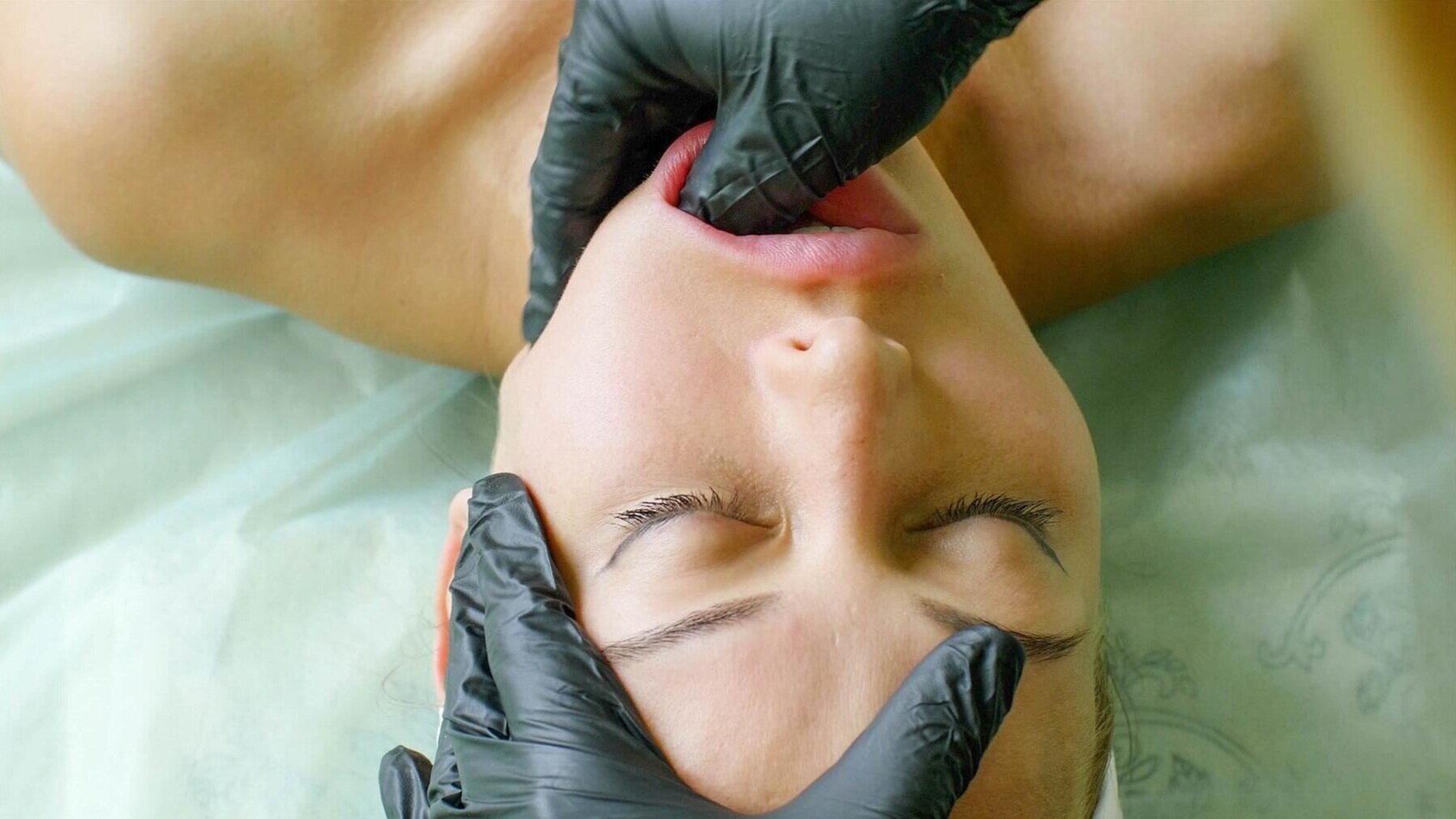The Healing Touch: Understanding TMJ Massage for Pain Relief
The temporomandibular joint (TMJ) is a complex structure that connects your jaw to your skull. It plays a crucial role in everyday activities such as speaking, chewing, and even breathing. When issues arise within this joint, it can lead to discomfort, pain, and a decreased quality of life. For those suffering from TMJ muscle pain and joint pain, a specialized TMJ massage can offer profound relief and healing. However, it's crucial to emphasize that only a TMJ specialist or someone specifically trained in the muscles of mastication should perform this type of massage to avoid potential damage to the jaw joint.
Understanding TMJ Muscle Pain and Joint Pain: What is the Difference?
TMJ Muscle Pain: The muscles involved in jaw movement, known as the muscles of mastication, can become tense and painful. This can result from stress, teeth grinding (bruxism), poor posture, misaligned teeth or an incorrect bite. TMJ muscle pain often manifests as facial pain, headaches, earaches, tinnitus (ringing in the ears), neck pain and shoulder pain.
TMJ Joint Pain: On the other hand, TMJ joint pain occurs when there's dysfunction or damage within the TMJ itself. This can lead to pain, clicking or popping sounds when you open and close your mouth and difficulty chewing. TMJ joint pain is often associated with conditions like temporomandibular joint disorder (TMD) or arthritis.
The Mechanism Behind TMJ Massage
TMJ massage is a specialized technique designed to alleviate both TMJ muscle pain and joint pain. Here's how it works:
Muscle Relaxation: The primary focus of TMJ massage is to relax the tense and overworked muscles surrounding the jaw. The therapist uses gentle, targeted pressure and various massage techniques to release tension, improve blood circulation, and reduce inflammation in these muscles.
Joint Mobilization: For TMJ joint pain, the therapist may perform gentle joint mobilization techniques. This helps to improve joint function, reduce inflammation, and alleviate pain. It's crucial to note that this aspect of the massage requires a high level of skill and knowledge about the anatomy and mechanics of the TMJ. Many times, a splint is needed to improve the function of the joint.
Customized Approach: A significant benefit of TMJ massage is its personalized approach. A skilled TMJ specialist will assess your specific symptoms, medical history, and any contributing factors to tailor the massage to your unique needs.
The Benefits of TMJ Massage
Pain Relief: TMJ massage provides effective pain relief for both muscle pain and joint pain. By relaxing tense muscles and improving joint function, it can significantly reduce discomfort and allow you to regain control over your daily activities.
Improved Range of Motion: TMJ massage helps restore proper jaw function, allowing you to open and close your mouth more comfortably. This improved range of motion can make eating and speaking easier.
Stress Reduction: Stress often contributes to TMJ issues. TMJ massage not only targets physical tension but also provides relaxation, reducing stress levels that may exacerbate your symptoms.
Non-Invasive: Unlike some other TMJ treatments, TMJ massage is non-invasive and carries minimal risk. It's a gentle, holistic approach that avoids the need for surgery or invasive procedures.
The Importance of a Skilled TMJ Specialist
While TMJ massage offers numerous benefits, it's essential to emphasize the importance of seeking treatment from a qualified specialist. The TMJ is a delicate joint, and improper techniques or excessive pressure can potentially worsen the condition. Only a TMJ specialist or someone specifically trained in the muscles of mastication should perform TMJ massage to ensure safety and effectiveness.
If you're experiencing TMJ muscle pain or joint pain, it's crucial to consult with a healthcare professional who can assess your condition and provide appropriate treatment options, which may include TMJ massage performed by a trained specialist. By taking this step, you can embark on a path toward pain relief, improved jaw function, and an enhanced quality of life.
What are the costs involved?
Consultation
A consultation fee of $500 is required to secure an appointment with Dr. Gulizio. This fee ensures that Dr. Gulizio can dedicate ample time to accurately diagnose and provide personalized treatment recommendations tailored to your specific TMJ condition, ensuring you receive the most effective care available.
TMJ Appliances
After a thorough diagnosis, Dr. Gulizio may recommend a customized occlusal appliance tailored to treat your TMJ condition, offering relief and promoting long-term oral health. The cost for these appliances typically ranges from $1500 to $3000. Furthermore, Dr. Gulizio may prescribe an MRI, which is usually a covered expense by most medical insurance plans, ensuring a comprehensive and accurate diagnosis for effective treatment planning.
TMJ Massage
If Dr. Gulizio determines that you do not have a TMJ condition and just require muscle tension release, the cost for a TMJ massage is $250; the massage session lasts for approximately 20 minutes. This specialized massage targets the muscles contributing to your discomfort, providing relief and relaxation for your jaw area.

